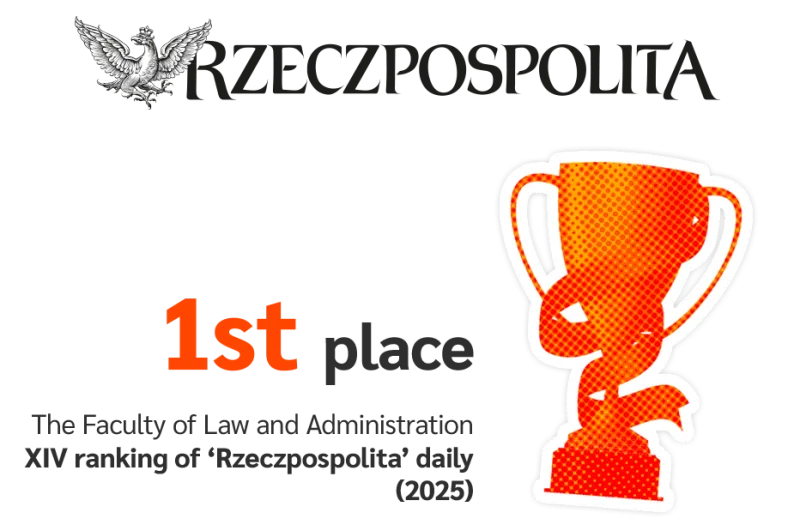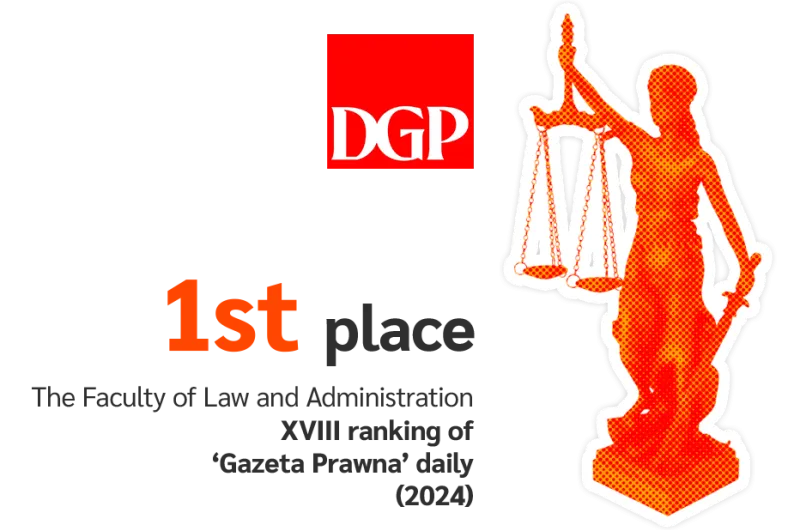European Academy of Innovation – subjectively the best Erasmus+

A few weeks before departure, we received detailed information from the organizers about the hotel and how to get to the place from the airport or train station. We also received a questionnaire in which we gave the date of our arrival and departure and we could indicate our expectations. However, a few days before the start of the workshop, we were added to a common group on WhatsApp. It was a perfect solution – because already on the Sunday before the start of the workshop, we managed to meet and make first friends during a joint dinner and a walk around the festively lit old town.
On Monday, we started the workshop – it was led by Iris Mihai, director of the European Academy of Innovation. On that day, we devoted some time to getting to know each other, talking about our universities and getting to know some facts about Romania and Timisoara itself. Thanks to the fact that we already knew something about each other and were not complete strangers to each other, it was easier for us to carry out demanding exercises in groups later. Then Iris introduced us to the basics of stress.
On Tuesday, we were met by Alina Feher Gavra – a psychologist who runs a practice and is active in the field of education. It was a great choice, because Alina was able not only to choose the areas that were important to us, but also to convey knowledge to us in an understandable way. That day we learned about various reactions to stress and how to deal with it, how to look at the problem from a different perspective, e.g. sometimes after analyzing the possible consequences, it turns out that none of them are serious, and the main problem is how how we see ourselves and what we require of ourselves, or that we can prepare ourselves accordingly. In practice, we also practiced this on ourselves, analyzing our own stressors in small groups. We also talked about our own stress-reducing practices and what solutions our universities offer.
Wednesday was dedicated to visiting Timisoara. Our guide was Sergiu from the Timisoara All in One office. The trip has been planned chronologically, i.e. from the oldest places within the city to the newest. On the one hand, it allowed you to realize the history of the city, on the other hand, it significantly lengthened the walk. Sergiu turned out to be an excellent storyteller, very connected to Timisoara and knowing the history of every place we asked about. We got to know both the beginnings of the city and its history in the twentieth century, because it was here that the revolution in Romania began, which led to the overthrow of communism. I was a bit disappointed only by the traditional Romanian dinner, which consisted of… chicken soup, pork chop and pickled cucumbers. Nevertheless, the restaurant where we ate was decorated in a traditional way – there were regional tablecloths and table runners on the tables, leather on the chairs, and clay dishes, folk costumes and dried herbs hung on the walls. It was definitely a place with atmosphere.
We went back to work on Thursday. The workshops were conducted by Andreea Dobre – a business coach. She briefly introduced us to issues such as what coaching is and what it is for. Then she introduced us to the basic tools that allow us to become coaches for ourselves and for our friends. Of course, it doesn't give you what meeting with a professional trainer does, but it can be a starting point. It was the most demanding day for me. Perhaps it is related to cultural conditions, or perhaps to the way of upbringing. However, it is difficult to change my way of thinking and become a coach for another person – I am usually focused on finding solutions and when someone comes to me asking for help, I try to give them advice rather than help them find a solution on their own. Also, when I need help myself, I expect someone to give me a solution, not help me find it myself. However, I think it is worth looking at this issue a little closer, because the advice I receive from others is often unacceptable to me for various reasons (no one knows me as well as myself).
On Friday, classes were conducted again by Alina Feher Gavra. This day was dedicated to the issue of mindfulness. We learned several techniques for calming down and opening the mind and finding positive aspects in what is happening every day. I find it very useful and good for health and I would like to take advantage of this type of workshop here as well.
A nice touch at the end was giving us certificates and small gifts, including our joint photo from the trip, framed. It is a very nice souvenir and a great idea for a gift from an event that I will organize in the future. We also received access to a disc with all materials from the workshops as well as additional articles and reading recommendations.
A big plus for me, apart from a really high level of workshops, was the organization. I liked the fact that we all sleep in one hotel and have a fixed schedule for the day – a joint break for lunch, which we ate at the hotel with the person conducting the workshops, and dinner in the restaurant (dinner was only for workshop participants), after which we would be happy to we were hanging out. We also used the hints contained in the program, what to use in the evening, e.g. we visited the opera, tasted local beer and visited the Ethnographic Museum. As a result, we quickly became friends and will keep in touch.
I am also delighted with the people I have met. They turned out to be extremely open and willing to share their experiences and make new friends. In total, 14 people participated in the workshop: 4 from Spain, 4 from Germany, 2 from Great Britain, 2 from Poland, 1 from Norway and 1 from Belgium.
The only aspect I have reservations about is the food. It was tasty, but every day we ate something fried or grilled (sometimes twice a day), or we had a choice of pasta or pizza, only for the last two days we could choose a salad for dinner. Unfortunately, this diet does not work for me at all and makes me feel bad. Admittedly, in the questionnaire before departure, it had been possible to indicate dietary needs, but unfortunately I did not foresee the possibility of receiving two large fried meals a day and had not done it.
Timisoara itself evokes mixed feelings in me. I got the impression that even though it is a university city, it is sad. You can see its former splendor from the beginning of the 20th century. Virtually all districts are historic, but only a small part of the buildings has been renovated in recent years and is dominated by gray and dirty walls. The city is nicely situated on the river and there are many beautiful parks, including a huge and wonderfully designed rose garden, so I regret not being there in late spring or summer – maybe I would have had a different impression. It also seems to me that Romanians underestimate their own culture a bit – most restaurants offer Italian cuisine, and it is difficult to find local brands in stores, apart from alcohol or mineral water (I was looking for sweets and juices and found nothing interesting, and this has never happened to me in any other country). I think that Timisoara is worth visiting, but it is not a city where I would feel good for a long time.
To sum up – if anyone is wondering whether to choose a workshop organized by the European Academy of Innovation, I answer without hesitation is ‘Yes!’. This is not just my opinion. Most of the participants on this trip had already been on at least one Erasmus+ and about half of them had participated in such workshops multiple times. Everyone agreed that it was the best organized Erasmus+ and the only one where it was possible to establish such close relationships with other participants.








